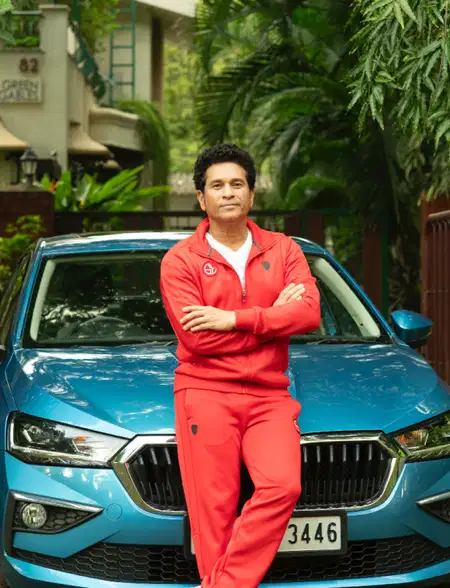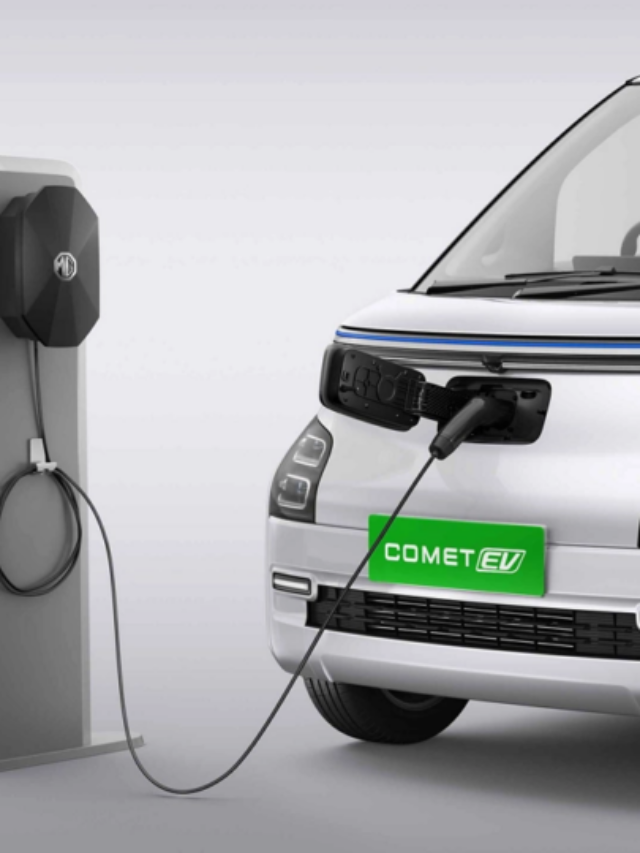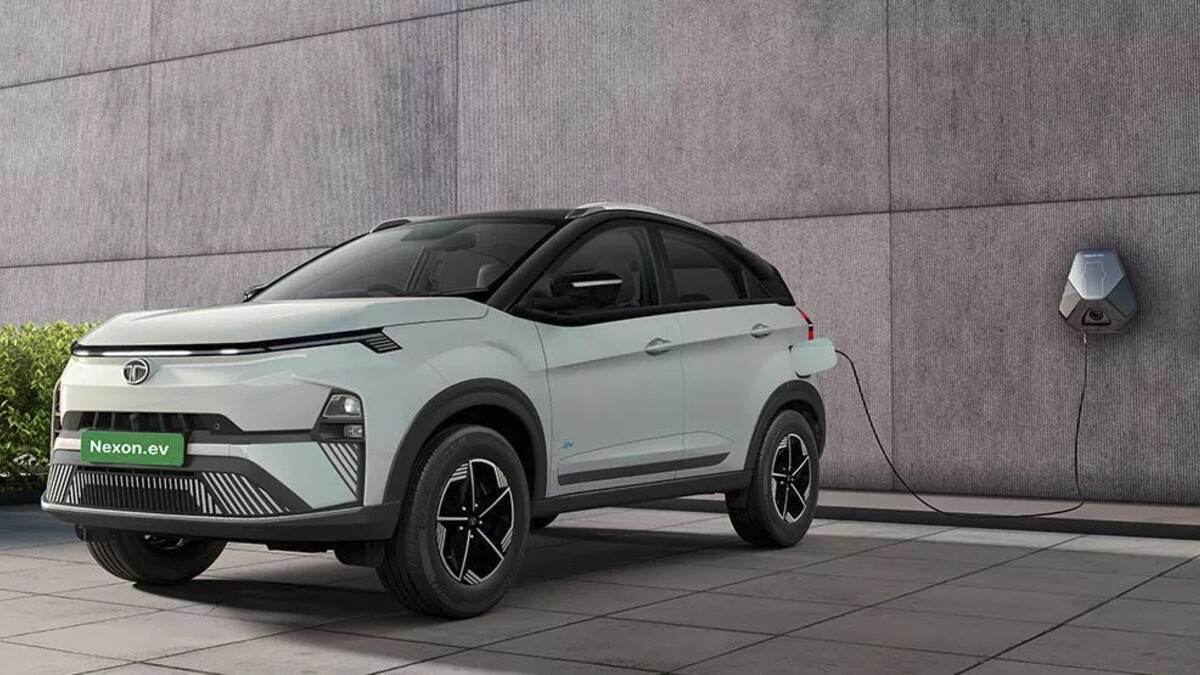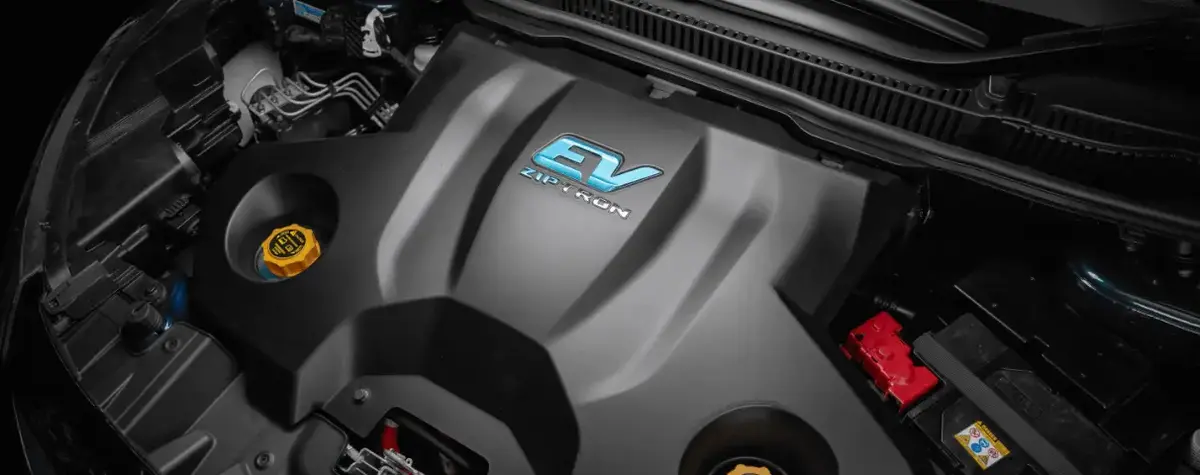Almost 1 lakh EVs were sold in India last year—that’s an all-time high, and this number is only expected to go up from here on out. Five years ago, owning an EV didn’t make sense for many reasons. The lack of options and poor charging infrastructure were the two main culprits. However, as it stands right now, both of these factors have changed. We have dozens of EVs to choose from across all segments and body types, and many more charging stations.
Couple that with the several incentives the government gives for owning an EV, and it begs the question: are CNG cars even relevant anymore? The main reason we bought them in the first place was affordability, but with the minimal running costs of an EV and the closing gap between CNG and petrol/diesel prices, is it even worth considering CNG? Let’s find out!
The Case for CNG Cars
For years, CNG cars have been the go-to choice for budget-conscious buyers (and that includes taxi companies that wanted to max out their margins!). And for good reason. They offer a lower running cost because of better mileage and lower fuel costs.
Even with EVs gaining traction, CNG still has a few solid advantages that can’t be ignored.
- Affordability That Still Makes Sense: One of the biggest reasons people opt for CNG is, well, affordability (duh!). The upfront cost of a CNG car will usually be lower than an EV, and for those who don’t drive as much, the ROI will most definitely come quicker. Plus, unlike EVs, where battery replacement is a long-term concern, CNG cars don’t have expensive parts that degrade over time.
- Fuel Efficiency Without the Range Anxiety: CNG cars have a solid advantage in terms of range. Even with the better battery technology, most EVs have a real world driving range of 250km. However, with CNGs you don’t have to worry about charging stations or waiting hours for a recharge. Just a quick fill-up, and you’re ready to go. Plus, many CNG cars have a dual-tank for petrol which means you always have petrol as a backup.
- Petrol Pumps vs Charging Infra: Even with the rapidly growing charging infrastructure, CNGs do have the advantage here. There are many more petrol pumps than charging stations and it’s not even close. The gap is shortening, but it will take some time.
The Rise of Electric Vehicles
EVs have come a long way. A few years ago, buying one meant making a lot of compromises. We had low range, overpriced, and once you bought one, always thinking about running out of charge. But today, things have changed a lot. We have better battery tech, growing charging infrastructure, and government incentives that make buying an EV so much more attractive and more accessible than ever. And with sales hitting record highs, it begs the question: is it finally the right time to buy an EV?
Battery Tech That Actually Makes Sense
5 years ago, the most popular EVs barely managed 150 km on a full charge. But now even budget-friendly EVs comfortably cross 300 km, and some high-end models push well over 450-500 km. And this is set to rise over time.
Speaking of charging, that’s another thing that’s gotten way better. Fast chargers can now charge an EV to 80% in under an hour. Some companies are even working on 5-minute charge batteries, which could make charging EVs almost as convenient as petrol cars. And for those that think that EVs are slow, well, an average EV on sale right now could probably dust your petrol car. Effectively, most budget EVs feel almost as quick as traditionally seen as fast SUVs.
Charging Infra Is No Longer a Dealbreaker
Charging stations are popping up everywhere now – malls, highways, offices, and even apartment buildings. Sure, petrol pumps still outnumber them, but the gap is closing fast. Plus you have home charging. Overnight charging is rising, just plug it in before bed, and you wake up to a fully charged car.
Then there’s battery swapping. Just swap your drained battery for a fully charged one in under 5 minutes, and drive off.
EVs are already cheaper to run than petrol or diesel cars, but governments are sweetening the deal even more. There is no registration tax in so many states, and some states offer subsidies too. Maintenance wise, with an EV, you don’t have to worry about oil changes, timing belts, or engine failures. Fewer moving parts = fewer things that can break down.
Cost Comparison: CNG vs. EV
To compare the costs of CNG and EV vehicles in India, we need to consider several factors, including the purchase price, fuel costs, and maintenance expenses. Here’s a breakdown and a comparison table:
Cost Comparison Overview
CNG Vehicles
- Purchase Price: Generally lower compared to EVs.
- Fuel Cost: CNG is cheaper than petrol and diesel. As of March 2025, CNG prices range from ₹75.09 to ₹96.00 per kg across different cities in India.
- Fuel Efficiency: Typically offers better mileage compared to petrol but less than diesel. However, the exact efficiency can vary by model.
- Maintenance: Generally similar to petrol vehicles, with some additional maintenance for the CNG kit.
Electric Vehicles (EVs)
- Purchase Price: Higher than CNG vehicles.
- Fuel Cost: Electricity is much cheaper than CNG or petrol. The cost of charging an EV can be as low as ₹1.5 per km.
- Fuel Efficiency: Offers excellent efficiency, with ranges from 200 to over 500 km per charge, depending on the model.
- Maintenance: Lower maintenance costs due to fewer moving parts.
Cost Comparison Table
| Vehicle Type | Purchase Price (Ex-Showroom) | Fuel Cost (per km) | Fuel Efficiency | Maintenance |
| Maruti Suzuki Brezza CNG | ₹9.5 lakh | ₹5 per km | ~25 km/kg | Similar to petrol |
| Nissan Magnite CNG | ₹6.85 lakh | ₹6 per km | ~20 km/kg | Similar to petrol |
| Tata Nexon EV | ₹12.49 lakh | ₹1.2 per km | ~250-300 km/charge | Lower than petrol/CNG |
| MG Comet EV | ₹6.99 lakh | ₹1 per km | ~200 km/charge | Lower than petrol/CNG |
This clearly shows that EVs are about 5x cheaper than CNGs to run. While CNG vehicles have a lower purchase price and offer cost savings on fuel compared to petrol, EVs provide much more long-term savings due to lower operating costs and reduced maintenance needs. However, the higher upfront cost of EVs can be a barrier for many buyers.
Environmental Impact
As India deals with higher pollution, choosing between Compressed Natural Gas (CNG) vehicles and Electric Vehicles (EVs) is key. Both choices are better for the environment than normal petrol and diesel cars, but they are different in the pollution they create and their overall impact on the environment.
CNG Vehicles: A Transitional Solution
CNG cars have been popular in India for over 20 years, mostly in cities like Delhi and Mumbai. CNG burns cleaner than petrol or diesel, cutting carbon monoxide emissions by 90-97%, carbon dioxide by 25%, nitrogen oxide by 35-60%, and non-methane organic gas by 50-75% compared to usual fuels.
CNG vehicles however still release greenhouse gases when they burn fuel, but less than gas or diesel cars do. Also, making and moving CNG lets out methane, a strong greenhouse gas that affects our climate about 25 times more than CO2 over a century.
But even with these issues, CNG vehicles are a step towards cleaner options as we work on improving electric vehicle tech.
Electric Vehicles: Zero Tailpipe Emissions
Electric Vehicles (EVs) provide a big environmental fix with no exhaust pollution, which greatly helps to lower air pollution in big city areas. This is extra important in crowded cities where clean air is a big worry. But, the green pluses of EVs depend on the type of power used to charge them. If the power comes from renewable sources like sun, wind, or water power, EVs make almost no emissions. But, if the power is from coal or gas power plants, EVs still add some carbon to the air, though less than CNG vehicles.
Also, making and getting rid of EV batteries brings problems. Getting the materials and making batteries for EVs can harm the environment by polluting water and using up resources. It is important to recycle and reuse old EV batteries to lessen these impacts.
Infrastructure and Emissions Comparison
While cars that use CNG have lots of petrol stations to fill up across India, electric cars have a hard time because there aren’t many charging spots, especially outside big cities. This lack of places to charge creates worry for electric car owners about running out of battery, making it hard for them to travel as freely as those with CNG cars who can quickly top up their fuel. When it comes to clean air, electric cars are much better because they don’t give off any emissions from the exhaust, whereas CNG cars still release some, but less than normal cars. Still, both are better than cars that run on petrol or diesel, making them good choices for those who care about the environment.
What Should You Choose?
Choosing between a CNG car and an EV comes down to your needs. If you often drive long distances and want to refuel quickly, CNG is a good choice. It costs less upfront, and you always have the safety of having a petrol pump on every corner of this country. But, if you drive mostly in the city and / or major places for vacations which you know have charging stations, and want the cheapest running costs and a cleaner option, an EV is better. And it makes more sense if you can charge it easily at home or work.
Summary
The future of cars in India looks good for both electric and CNG vehicles. As electric car technology gets better and there are more places to charge them, they will become more popular. CNG cars will still be a good choice for people who want an affordable option and easy access to fuel. Both types of cars will do well if they meet the changing needs of buyers and keep up with new technology. As technology changes, both can exist together!







 ne big family!
ne big family!